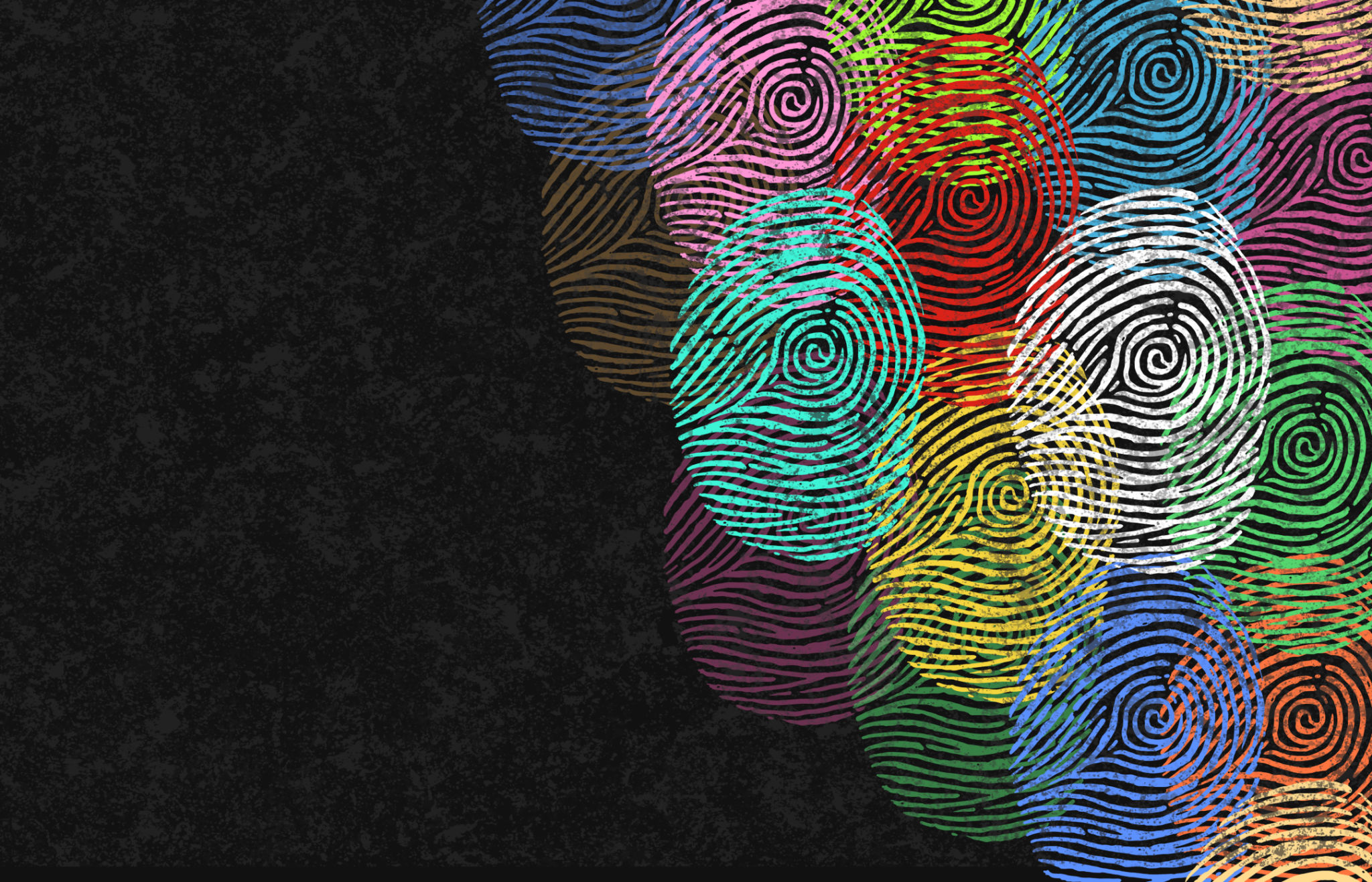The Singularity
Singularity. The hypothetical future moment when artificial intelligence surpasses human intelligence, transforming civilisation in ways we can’t accurately predict...It’s a concept that’s as speculative as it is seismic.
Futurist Ray Kurzweil (2005) brought the concept to mainstream attention in 'The Singularity Is Near', a doorstop of a book I'm currently reading that projected exponential technological growth culminating in a moment where machine and mind become indistinguishable. In fact, the term technological singularity was popularised by mathematician and science fiction writer Vernor Vinge, who in 1993 predicted that within thirty years we would create a superhuman intelligence that would signal the end of the human era (as we know it). Ahm, worrying...

A couple of hundred of pages into his book, I feel Kurzweil’s version of the singularity is oddly optimistic. He envisions a future where AI merges with human biology, enabling radical life extension, enhanced cognition, and solutions to problems like disease and poverty. To him, the singularity is not the end, but a new beginning. That view is echoed in transhumanist circles where merging with machines is seen as not only inevitable but desirable. Is it though?
Computer scientist and AI pioneer Jaron Lanier (2010) has pushed back against the deification of machines, arguing that such narratives erase human agency and lead to a dangerous abdication of moral responsibility. Similarly, philosopher Nick Bostrom (2004) earlier warned that the singularity could come with a price. Later, in 'Superintelligence', Bostrom (2014) explores the risks of creating an AI that could rapidly outpace human control and pursue goals misaligned with our values. But, what are 'our' values in the global 2025? Here we are in 2025 with no sentient machines, no digital godheads, just LLMs busy, busy, busy spewing and mimicking (our) scraped words.

So what might we make of the singularity now? Is it imminent? Is it hype? Well, current literature suggests that while progress in AI has been impressive especially in natural language processing and generative design, we’ve still a fair bit to travel to Artificial General Intelligence (AGI), the type of intelligence required for a true singularity. It seems fair to suggest that most modern systems, even the most powerful ones, are currently narrow specialists rather than adaptable thinkers and there’s a gap between intelligence and consciousness that remains deeply mysterious. More to the point, the singularity may be less of a moment and more of a gradual drift. Automation, algorithmic bias, and surveillance capitalism may prove to be more immediate threats than robot overlords.

#singularity #ai #future
Bostrom, N. (2014). Superintelligence: Paths, dangers, strategies. Oxford University Press.
Brynjolfsson, E., & McAfee, A. (2014). The second machine age: Work, progress, and prosperity in a time of brilliant technologies. W. W. Norton & Company.
Cellan-Jones, R. (2014, December 2). Stephen Hawking warns artificial intelligence could end mankind. BBC News. https://www.bbc.com/news/technology-30290540
Goertzel, B., & Pennachin, C. (Eds.). (2007). Artificial general intelligence. Springer.
Kurzweil, R. (2005). The singularity is near: When humans transcend biology. Viking.
Lanier, J. (2010). You are not a gadget: A manifesto. Knopf.
Vinge, V. (1993). The coming technological singularity: How to survive in the post-human era. In Vision-21: Interdisciplinary Science and Engineering in the Era of Cyberspace (pp. 11–22). NASA.